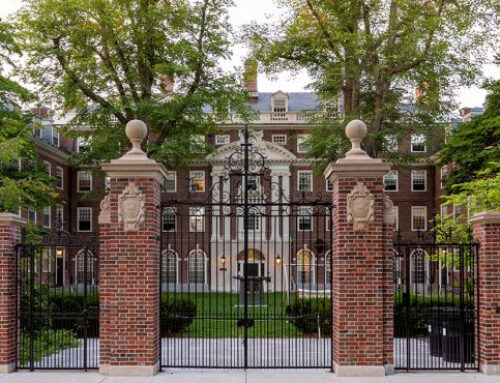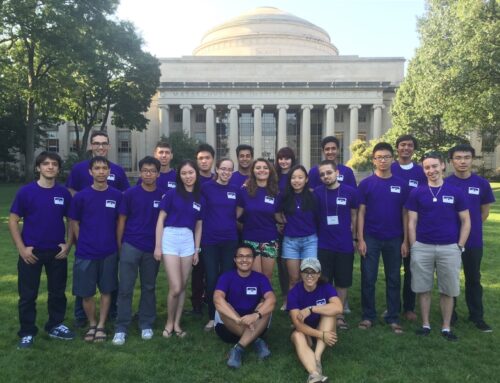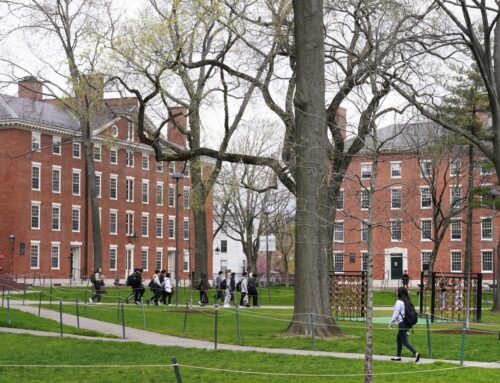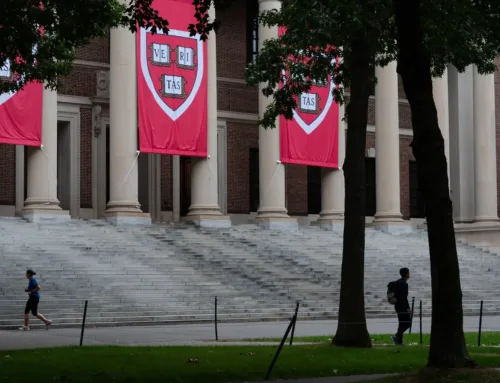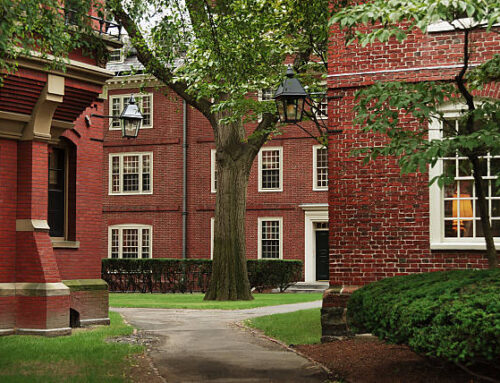1. What are some of the common misconceptions/mistakes you see regarding students’ Common App Essay Ivy League? Do you have any general advice for the Common App?
The biggest mistake I see students repeatedly make with the Common App Essay Ivy League, is not understanding what makes them unique. Schools are looking for “original thinkers”…. “original doers” and in your Common App Essay Ivy League you want to show off just what makes you different from your peers. It may be something you don’t even realize, or pay much attention to, so look for it!
I had one student for example, who had spent her life studying ballet at a very high artistic level, where she was even asked to join a big city ballet company as an apprentice, and yet she didn’t think this was something worth mentioning, and instead wrote her essay on a science fair she participated in (wrong approach). Another student of mine had had an extremely interesting life growing up in a town where he and his brother were the only Jewish kids in their entire school system in the rural South. He (again, wrong approach) wrote about going on a summer trip to Mexico with his high school class. WRITE ABOUT SOMETHING UNUSUAL! The most unusual experience, or fact, or interest in your life that you can think of. Done well, that is what will get you in.
- Social media is a boon for some students and a bane for others. Does Harvard search up students’ social media profiles during the admissions process?
I actually was an admissions interviewer for Harvard before social media was so prevalent, so can’t officially answer this question on Harvard’s behalf. Or if they’re on the fence about a candidate. They will sometimes google the student to see what comes up, and this includes more often than not, facebook profiles. It simply helps to put a face with a name in most cases, and that is really often all they are looking at. Just trying to get a “feel” for the applicant, but whether admissions officers will admit to this practice or not, is debatable. Again, wasn’t around as an option 15 years ago!
- What advice would you give to students who want to succeed in an admissions interview?
I actually offer free interview prep for all the students who work with me on their applications, at no extra charge. We go in-depth into what they can expect. How to prepare, how to present themselves, but in general, the overriding action needs to be: confidence. No matter what you say, it is going to be more important how you say it. Again, this is something I work on with my clients more specifically.
4. Some students I know are self-studying for AP exams in subjects that aren’t offered at their schools, and not taking the actual class itself. Is this a good idea?
It is a good idea if they can do it well, and score well on the exam. By “well,” I mean achieve a 4 or a 5. Preferably a 5. Anything less and I would not report. I would also consider enrolling in a community college class if the student’s school doesn’t offer a particular AP that they’re interested in. As the admissions committee will be impressed that they had the ambition and drive to branch out and education themselves on their own, outside their immediate resources.
5. Are some majors harder to get into compared to other majors at Harvard?
Not if you can demonstrate “original thought” in terms of why a particular major is right for you, why a particular interest stems out, and can be backed up by, your own unique experience. Saying, “I want to major in Economics so I can get my MBA and eventually work on Wall Street” isn’t going to get you in. Unless that uniqueness in terms of your background and experience can shine through.
So, I have already published papers on the topic in some well-read Vatican journals. It is going to give you a better chance than the pre-med student above. But it all depends on you and, again, what makes you uniquely interesting in your major of choice.
6. What general advice would you recommend to students who have been waitlisted, or students who are appealing their decision?
First, I have known both clients and friends and then got in at the very last minutes, so there is always hope! The best thing you can do, is follow the school’s instructions and submit any additional materials IF REQUESTED. Also knowing that you could consider transferring after your first year. Elsewhere if you truly wanted to try to get into that particular school.
- What are the main qualities Harvard wants to see in extracurricular activities?
Again, uniqueness! I can’t stress this enough. Everyone who applies to Harvard is President of some school club. Ether plays the piano or the violin (at an extremely exceptional level), and/or is on the swim team or math team (take your pick). Everyone also volunteers and “gives back.” It’s all the same.
When they’re looking for though, once again, is originality. What do you do with your time that’s unique? What do you do with your time that’s already at an adult level? Find what makes you different and emphasize it throughout your college application…especially if you are applying to the Ivy League. These schools pride themselves on creating an “interesting” class. A class where you look at the person next to you and think, “wow, that’s really cool.” Be that person and you add to the school’s diversity. That is what will get you in, on top of already having the excellent scores and grades.



